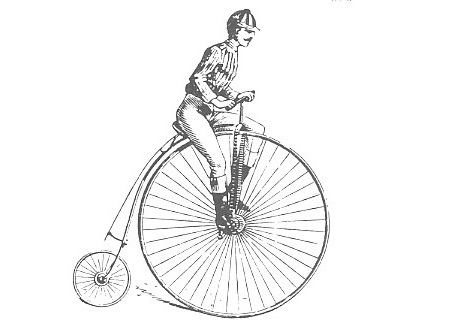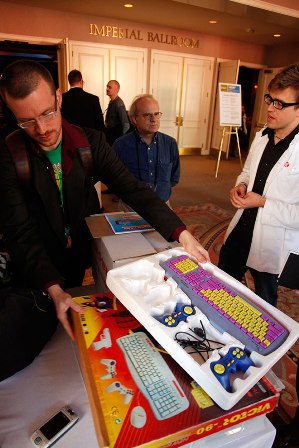It had started out as a friendly discussion, but now Charlie and Sid were locked in argument. Voices were raised. Sid would certainly have been red in the face by now, if his face were not already a bright shade of something very much like red.
Jenny and Josh were watching the back and forth, somewhat too stunned to do anything but listen. The voices of the two demons rang loudly in the eerie silence of the seemingly deserted space.
“I say it was a growl, like a wild animal!” Charlie was practically shouting. “There’s something out there.”
“I say it was just your big stomach growling,” said Sid, staring him down, “and I say you’re full of it.”
It was at this point that Mr. Symarian finally stepped in. “Sid,” he said, in his most reasonable tone. “I believe that I can offer a definitive refutation of your line of reasoning.”
Sid looked over at the teacher. He seemed to realize for the first time that he had been shouting. “OK teach,” he said, “I’m listening. After trying to talk sense to this big lug, I’m all for a fresh angle on things.”
“Very well,” Mr. Symarian proceeded. “If I understand correctly, you claim that the growling noise we heard earlier was the result of gastrointestinal activity on the part of this fellow over here,” he said, gesturing toward Charlie’s generous abdomen. “Yet it is well known, among those versed in the polydemonological sciences, that demons have no stomachs.”
There was a pause, and then Sid shrugged. “OK, you got me. I forgot about that. No stomach, no growling.” He turned to his considerably larger fellow demon. “Sorry Charlie, I get carried away sometimes.”
Charlie responded jovially. “Hey, no biggie. That’s why I like you.” The two demons grinned at each other.
“I hate to break up this love-fest,” Josh interjected. “But aren’t you all forgetting something?”
The others looked at him quizzically. “I think,” he continued, “it stands to reason that if somebody heard growling, and if it wasn’t Charlie’s stomach, then there’s something out there. It’s probably not friendly, and it might be really big.”
Together they all turned, and stared out into the darkness.



